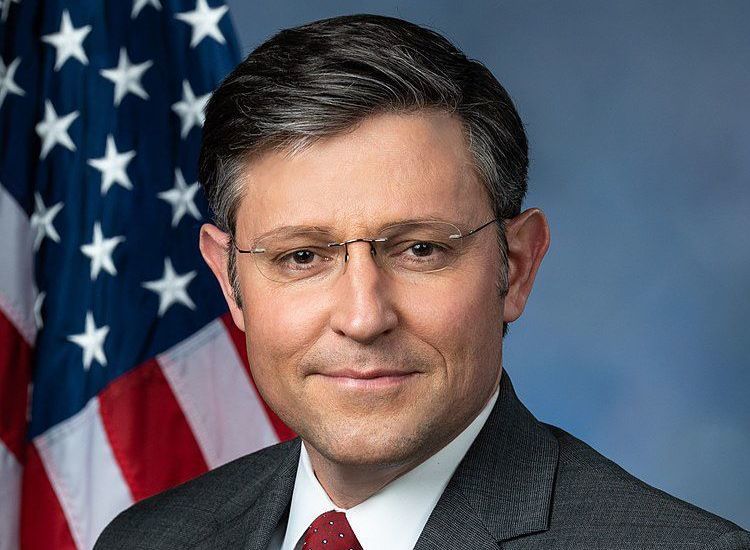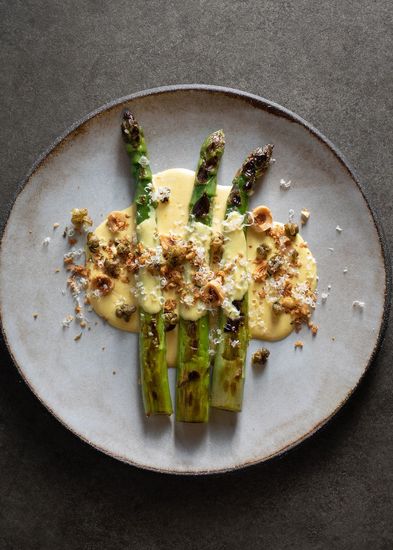By Peter McDermott
[caption id="attachment_63674" align="aligncenter" width="300" caption="Kevin Holohan, author of "The Brothers' Lot.""]
Back in the latter half of the 1980s when novelist Kevin Holohan had his first real job, he discovered he had something in common with his boss. The latter, who was the manager-owner of an English-language school in Spain's La Mancha region and a married father of two young sons, would trade stories with his young employee about their respective school days.
They recalled the misery, the grimness of it all, the brutality, the drudgery and, Holohan said, "the general joylessness with which they ground you through the whole process."
"They" referred to the Irish Christian Brothers. Both men had spent their formative years in Dublin at schools run and staffed by the religious order.
The most positive aspect of the experience, Holohan believes now, was the camaraderie it induced in the students.
"As Mel Brooks says, your best defense against these people is to make fun of them," he said. And that survival technique is the starting point for "The Brothers' Lot," his debut novel published this month.
"I tried to write outrage. It was too harsh," said Holohan, who lives with his wife and young son in Brooklyn.
The book he did eventually write is "mordantly funny" according to a review in Publishers' Weekly. In advance praise, novelist Tim McLaughlin agreed with the adjective, though substituted the adverb "screamingly," while another, Preston L. Allen, used "wickedly."
It's no surprise, then, that fellow University College Dublin graduate Joseph O'Connor suggested Holohan's fictional world shows the influences of both Flann O'Brien and Monty Python. "The Brothers' Lot" author agreed and added the name of writer Mervyn Peake.
Holohan said that his "allegorical satire," which is set in Dublin during some unspecified post-World War II decade, is only "very slightly based" on his own experience. However, it's clear that a significant percentage of adult Irish males would recognize the Brothers of Godly Coercion School for Young Boys of Meager Means.
He knew from comparing notes with his boss in Spain, who went to a school on the south side of Dublin, and his only siblings, brothers 14 and 10 years his senior, who preceded him to O'Connell Schools in the North Inner City, that the Christian Brothers' repression had only eased slightly over the decades.
"A lot of things were fairly static; they hadn't changed," he said. "The similarities were really striking. Corporal punishment, sarcasm and belittlement were the norm.
"Even in the 1970s and '80s there was this weird feeling that there was an apparatus underneath the surface, and that if you really screwed up you could get into that machinery and you could conceivably end up somewhere like Letterfrack," said Holohan, referring to one of the most notorious of the Christian Brothers-run industrial schools. "It was always dangled there as a possibility.
"It should be possible to educate kids without them having a pit of dread in their stomachs. I remember feeling that. Not every day: there were some days you didn't care," Holohan said.
By mid-century, the Christian Brothers had reached the apex of their prestige. They were credited with having educated the revolutionary generation -- including future heads of government like W.T. Cosgrave and Sean Lemass, and a head of state, President Sean T. O'Kelly -- as well as most of the country's administrators.
The newly independent state in 1922 had given the order every encouragement in continuing its role of educating boys from the lower middle-classes and the more prosperous sections of the working class. It was left to the more exclusive schools run by priestly orders such as the Jesuits and the Holy Ghost Fathers to train people for the professions.
The Christian Brothers stuck rigidly to their task and seemed unable to adapt to changing times. "The attitude was: the smart ones will go into the civil service or the ESB and the others will get a trade or become messenger boys," Holohan said. There seemed little real encouragement for boys to aspire to a college education. By the same token, he added, the brothers resented the extension of free education to high schools because it meant bringing in "the gurriers from the flats in the surrounding streets."
The novelist said: "They believed that throwing Latin and physics at these kids was a complete waste of time, but they did it anyway."
But then the brothers sometimes gave the impression that educating anybody was almost too much work. His parents heard at a PTA meeting that their middle son's class was "worthless and unteachable." Holohan's father, a civil servant, said: "If that's what you're saying about an entire group of young men, then you need to question the teaching that's going on here."
In the post-1960s era, parents were increasingly more likely to demand accountability, but in crucial respects they were from similar backgrounds and shared the worldview of the Christian Brothers. Holohan's late father was a native of County Laois, while his mother is from County Tipperary.
"They were transplants who were never fully comfortable in Dublin," he said. "I think that was fairly common at the time."
For young city people, it seemed that all authority figures were from the country. "It was if a garrison of cops, priests and teachers had been sent to re-Gaelicize the Pale," Holohan said. "It was if we weren't Irish enough or not Irish in the right way.
"It was a Catholic nationalism that was starting to implode, but its effects were still quite corrosive," he said.
For the novelist, the Christian Brothers were themselves victims of the system. They'd been plucked from their home environments at age 14 in most cases and could not return for seven years, though their parents could visit them.
"But there were teachers who lived in the real world who had children themselves who should have known better than to subscribe to this," he said.
"In a twisted way it was character building," said the novelist whose closest friendships date from his school days, "but that character might have been built in less stressful ways.
"I came out of it literate and numerate," Holohan said. "It should have been achieved with less trauma and pain."
"The Brothers' Lot" ($15.95) is published in paperback by Akashic Books.
PHOTO BY PETER MCDERMOTT









